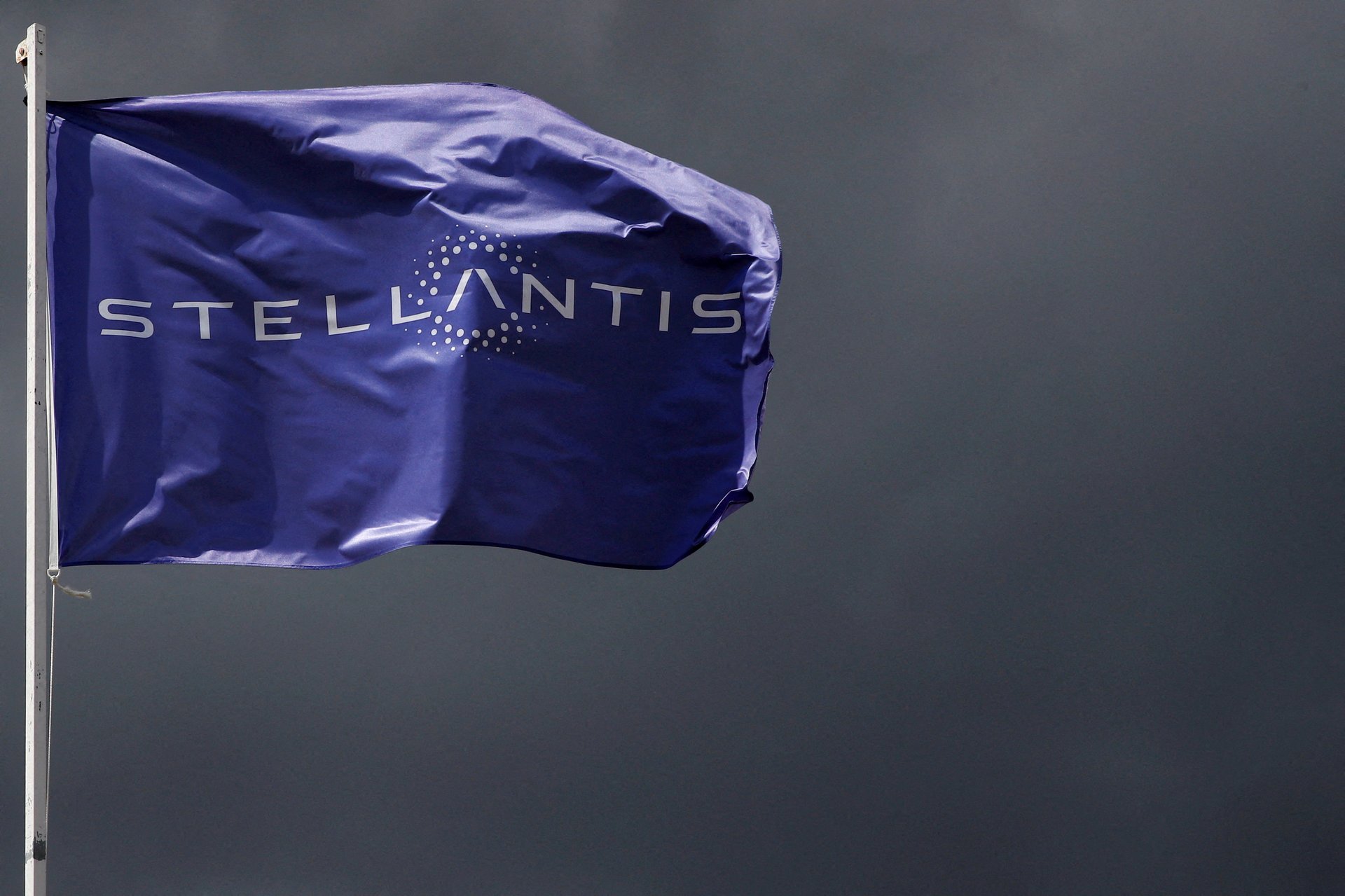How Stellantis’s investment in Leapmotor could boost China’s EV dominance
The Jeep and Chrysler maker wants more of a presence in China, while Leapmotor eyes global expansion

Stellantis, the Netherlands-based Jeep and Chrysler maker, is making a big bet on China: It’s shelling out €1.5 billion ($1.6 billion) for a 21% stake in the Chinese electric vehicle maker Leapmotor.
Suggested Reading
The move is borne of desperation: Stellantis, which was formed in 2021 through the merger of France’s PSA and Fiat Chrysler, has struggled to reverse declining sales in China amid fierce local competition. China accounts for just 1% of its revenue (pdf, p. 286); a decade ago, Fiat Chrysler made 5% of its sales there (pdf, p. 167). Last year, its Jeep joint venture in China filed for bankruptcy.
Related Content
In a statement, Stellantis said it hopes to “leverage Leapmotor’s tech-first EV ecosystem in China” to support its electrification goals and “address a white space in our business model and benefit from Leapmotor’s competitiveness.”
The Stellantis-Leapmotor tie-up comes just months after German carmaker Volkswagen made a $700 million investment to buy a 5% stake in Chinese EV maker Xpeng. That deal was focused on helping Volkswagen develop EVs for the Chinese market.
By contrast, the Stellantis-Leapmotor deal is more global facing: the two companies will form a joint venture, with Stellantis taking a 51% stake and having exclusive rights for the export, sale, and manufacturing of Leapmotor products outside China.
Turbocharging China’s EV ambitions?
For Leapmotor, founded in 2015, the strategic investment from Stellantis is a major stamp of recognition from an established leading global automaker. It also helps lay a path for Leapmotor’s ambitions to expand into overseas markets.
“The partnership aims to further boost Leapmotor’s sales in China, the biggest market in the world, while leveraging Stellantis’ established global commercial presence to significantly accelerate Leapmotor brand sales in other regions, starting with Europe,” Stellantis said.
Wang Xin, a Chinese automotive industry analyst and author of the blog “Full Chain Car,” noted that (link in Chinese) Leapmotor can now make use of Stellantis’s global footprint to “promote the globalization of China’s automotive industry” and expand the reach of Chinese automotive technology, platforms, and standards.
Whether this expands the global automotive pie for Chinese and Western carmakers alike, or erodes legacy brands’ market shares while boosting those of their Chinese competitors, remains to be seen. Stellantis clearly hopes for the former scenario.
But Wang sees more of a zero-sum game—with Chinese automakers taking the spoils. Once overseas consumers “experience technical advantages of Chinese [EVs]” he wrote, foreign EV brands “will be eliminated from the market quickly.”
